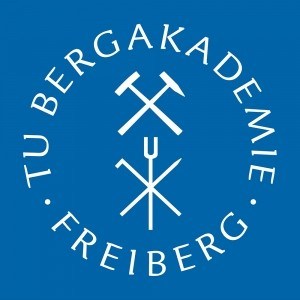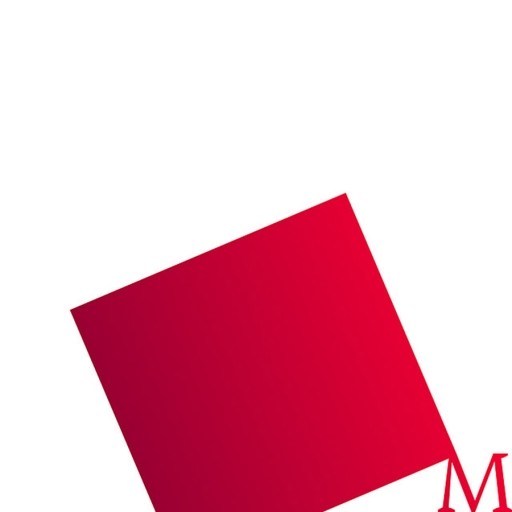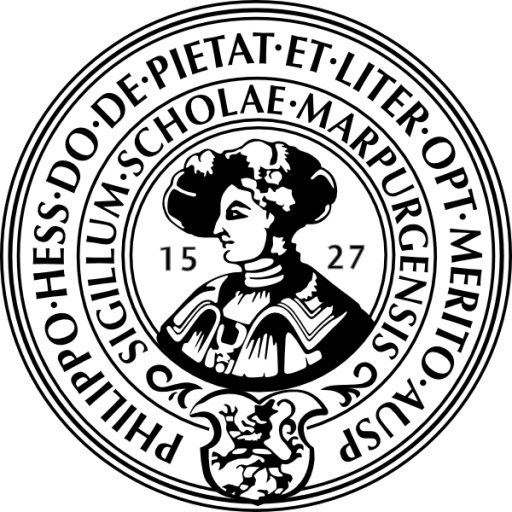Photos of university / #ruhrunibochum
The Master of Science in Materials Science and Simulation at Ruhr University Bochum offers a comprehensive and interdisciplinary education designed to prepare students for cutting-edge research and industrial applications in the field of materials. This program combines fundamental principles of materials science with advanced simulation techniques, enabling students to understand the structure, properties, and behavior of various materials at both macroscopic and microscopic levels. Students gain expertise in analyzing and designing new materials, including metals, ceramics, polymers, and composites, through modern computational methods and experimental approaches.
The curriculum integrates core topics such as materials characterization, crystal structures, thermodynamics, and mechanical properties, alongside specialized courses in simulation methods like finite element analysis, molecular dynamics, and density functional theory. Practical laboratory work complements theoretical learning, providing hands-on experience with state-of-the-art instrumentation and software tools. The program emphasizes interdisciplinary collaboration, encouraging students to work on projects that span physics, chemistry, and engineering disciplines.
Research plays a central role in the Master’s program, with students having opportunities to participate in ongoing research projects within the university’s laboratories and research institutes. This engagement prepares graduates for careers in academia, research institutions, and industry sectors such as aerospace, automotive, electronics, and energy. The Master’s program also aims to develop students’ skills in problem-solving, teamwork, and scientific communication, which are essential for professional success in materials science.
The program typically lasts four semesters, culminating in a Master’s thesis that allows students to apply their skills to real-world problems. Equipped with a solid foundation in materials science and advanced simulation techniques, graduates are well-positioned to contribute to innovations in material design, sustainability, and technological development. The program’s international orientation ensures that students gain global perspectives and establish networks across academia and industry worldwide.
Educational organisation
The two-year, four-semester programme comprises basic and compulsory lectures imparting a thorough, science-based understanding of the behaviour of engineering materials of all kinds. In the first semester, students with different backgrounds have the possibility to acquire the basic knowledge they need to successfully participate in this Master's course, like solid state physics for engineers or materials technology for physicists. These basic lectures are composed individually taking the specific background experience of students into consideration.In the second and third semester, students attend compulsory courses that focus on the basics in materials science, microstructure-property relations, solid state physics, thermodynamics and materials processing and numerical modelling. As part of their specialisation, students select further optional lectures of their interest from the fields of modelling and simulation, and processing and characterisation.
In the final semester, students prepare their Master's thesis. Supported by a mentor, they work on a scientific project and compile their research results in a final report. Throughout the Master's course, students attend lectures in professional key competences (soft skills).
Forms of assessment
- Written and oral exams
- project work with report in third semester
Course objectives
The programme will provide you with:- a comprehensive knowledge of materials science, physics and numerical methods
- practical experience and the necessary theoretical background in applying modern numerical and experimental methods on all relevant scales
- competence to plan and conduct key experiments in modern characterisation and processing techniques
- the ability to apply advanced modelling and simulation methods
- the build-up of research competence by planning and conducting student research projects
- a thorough understanding of the interrelation between processing, structure and properties of materials
- hands-on experience in project-oriented teamwork, project management skills and interdisciplinary communication
Language requirements
Proof of English language skills:- native English speaker
- TOEFL: minimum score 550 points paper-based, 215 computer-based or 79 Internet-based; the TOEFL score must be sent to us directly from ETS; institution code: 3580
- IELTS: minimum score 6.0; the IELTS score must be sent to us directly from ETS
- certificate proving that English has been language of instruction
Academic requirements
- A Bachelor's (BSc) or comparable degree in one of the following or related disciplines: materials science, mechanical engineering, physics, civil and environmental engineering, electrical engineering, chemical engineering, power engineering, chemistry, nanotechnology, mathematics, computer sciences or astronomy
- adequate English language skills
- curriculum vitae
- Students with a seven-semester Bachelor's degree have the possibility to apply directly for a three-semester course starting every summer semester.
- Students who have failed to pass any degree in the above-mentioned disciplines cannot apply for the Master's programme.
Enrolment fees
A social fee of approx. 270 EUR has to be paid. The fee includes a semester ticket covering public transport in North Rhine-Westphalia.Costs of living
Minimum of 670 EUR per month to cover personal and living expensesJob opportunities
Students can be employed as student workers to assist research projects in the institutes involved in Materials Science and Simulation.Further information about costs of living and administrative issues can be found here: http://www.international.ruhr-uni-bochum.de/rubiss/index.html.en
Arrival support
The following assistance is provided: advice/assistance in visa affairs, foreigners' registration authority questions, and support with finding accommodation.Orientation week takes place each semester to acquaint international students with the Ruhr University, the city of Bochum, the Ruhr area and living in Germany.
Services and support for international students
The International Office of Ruhr University provides support for foreign students and researchers.Accommodation
Student rooms are located in the vicinity of the Ruhr University. The Academic Support Group (AKAFÖ) offers apartments and rooms from 150 to 300 EUR per month. Furthermore, it is possible to rent a room in a private hostel.Most student houses have long waiting lists (6-12 months) and if you are too late, you have no chance to get a room. It is possible to apply for accommodation even if you don't yet know if you will be accepted for the Master's course. Therefore, you should apply for the accommodation at the same moment as you apply for the Master's programme. If you are admitted, you have to contact the responsible persons of the student houses. They will tell you what to do next and whether you have to hand in any documents. If you don't get admitted to the Master's course, your application for accommodation will be rejected automatically.










